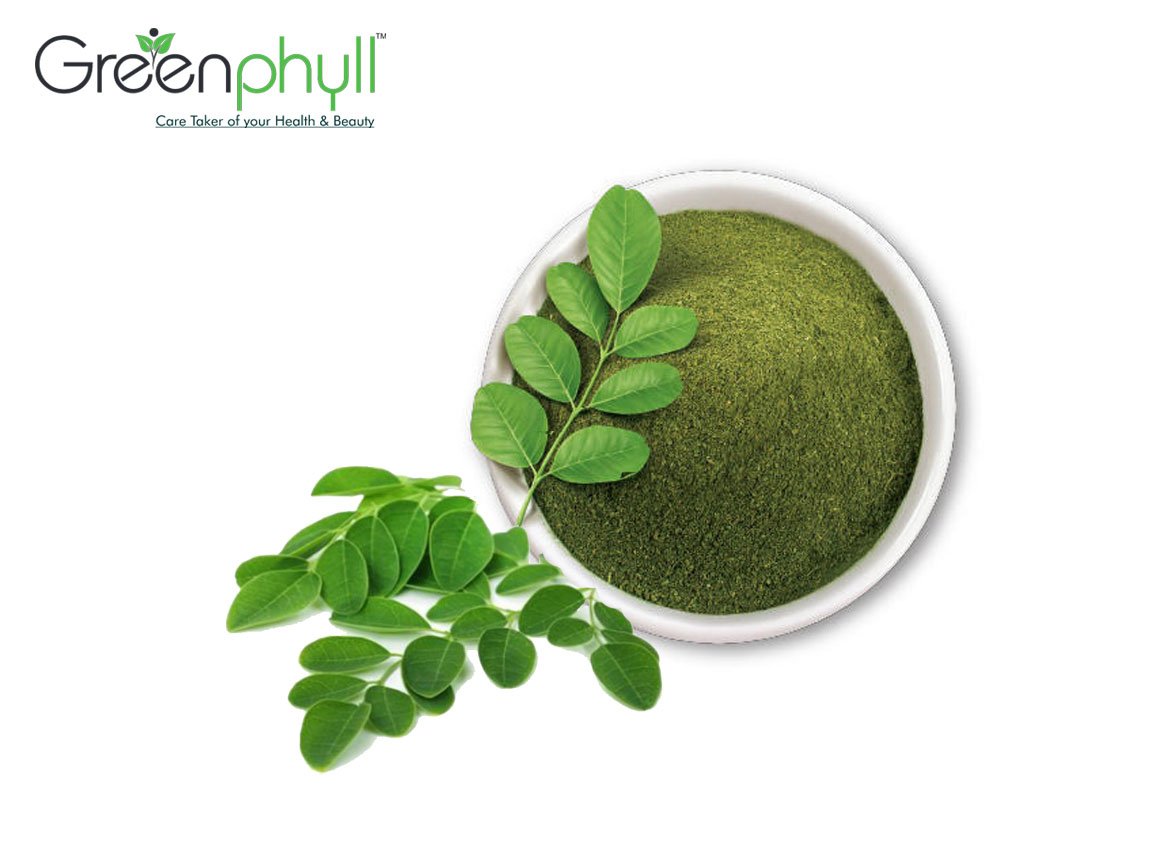- You have no items in your shopping cart
- Subtotal: ₹0.00
Moringa Oleifera is a fairly large tree native to India.It goes by a variety of names, such as drumstick tree, horseradish tree or ben oil tree.Almost all parts of the tree are eaten or used as ingredients in traditional herbal medicines.This especially applies to the leaves and pods, which are commonly eaten in parts of India and Africa.Moringa leaves are an excellent source of many vitamins and minerals. One cup of fresh, chopped leaves (21 grams) contains :
- Protein : 2 grams
- Vitamin B6 : 19% of the RDA
- Vitamin C : 12% of the RDA
- Iron : 11% of the RDA
- Riboflavin (B2) : 11% of the RDA
- Vitamin A (from beta-carotene) : 9% of the RDA
- Magnesium : 8% of the RDA
In Western countries, the dried leaves are sold as dietary supplements, either in powder or capsule form.Compared to the leaves, the pods are generally lower in vitamins and minerals. However, they are exceptionally rich in vitamin C. One cup of fresh, sliced pods (100 grams) contains 157% of your daily requirement.The diet of people in developing nations sometimes lacks vitamins, minerals and protein. In these countries, Moringa oleifera can be an important source of many essential nutrients.However, there is one downside: Moringa leaves may also contain high levels of antinutrients, which can reduce the absorption of minerals and protein.Another thing to keep in mind is that taking Moringa oleifera supplements in capsules won’t supply a large number of nutrients.The amounts are Negligible compared to what you consume if you eat a balanced diet based on whole foods.


